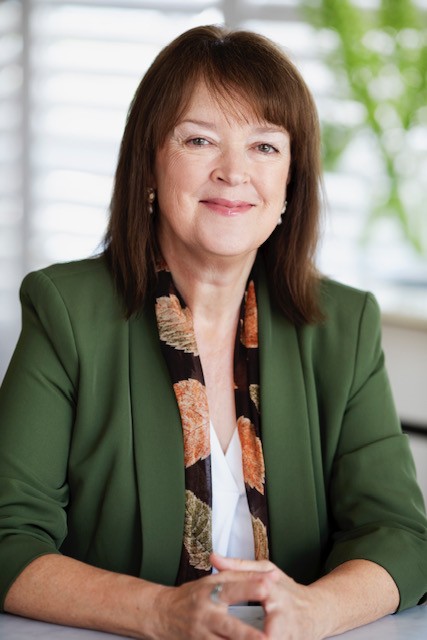The Care Lab
The Care Lab is an interdisciplinary research hub in the School of Social Sciences at ¹úÃñ²ÊƱ, led by sociologist Professor Emma Kirby, dedicated to exploring the social and relational dimensions of care. The Lab brings together scholars, industry partners, and community stakeholders with lived experience, offering a space for innovative and collaborative approaches to the study of care and caring.
Our research themes span contexts of informal care, illness, death, dying and bereavement, supported by funding from the Australian Research Council and via commissioned research projects in partnership with industry. The Care Lab itself facilitates participation in a range of qualitative and creative methods, in person or online, with tailored technologies to support meaningful engagement with our research participants.
Our focus on the social and relational dynamics of care and caring provides insights designed to advance academic knowledge and contribute to policy and practical improvements to experiences of illness, care and caring, and loss and bereavement.
Featured projects

Informal caring trajectories
When caring ends: Understanding and supporting informal care trajectories
This project provides new insights into how carers navigate life beyond their caring responsibilities, as well as how such trajectories are shaped by institutional structures, norms, and social dynamics. We seek to better understand how, why, when, and for whom caring ends, including the socio-cultural and relational factors that shape experiences before, during, and after caring.

Life-limiting illness in pandemic times
Dying-in-delay: Understanding the implications of pandemic delays for/at the end of life
This project is supported by an Australian Research Council Discovery Project grant (DP240101775) and is led by Prof Emma Kirby and A/Prof John MacArtney (University of Warwick, UK). This research aims to understand the implications of pandemic-related delays for dying and bereavement, including the social and cultural factors that shape experiences of illness and care. The findings will contribute to improvements in health and social policies, ensuring better support for those facing serious illness and their loved ones. In doing so, we apply a sociological lens to unpack issues of timeliness and delay, to reveal how objective conditions and subjective experiences shape access to and experiences in healthcare. This includes a focus on the socio-political contexts within which individuals, families, communities, and systems operate, to understand inequalities and inequities alongside constructions of responsibility, risk, suffering, and blame.

Grief and trauma support
Family members’ experiences of trauma and grief support
This research investigates the experiences of support provided by a pilot Trauma and Grief Support Service offered to customers of Allianz Australia, following the death or severe injury of a family member.
Ìý

Bereavement and access to coronial documents
Family Members’ Experiences of Accessing Coronial Case Files in NSW
Coronial case files are kept for all ‘unnatural’ deaths reported to a coroner in Australia. An increasing number of family members’ request to access information contained in the Coronial case file pertaining to the death of their relative. In some Australian states, social workers attached to the coroner’s office or forensic medicine have, over time, developed support to family members who are approved by a coroner to access reports and, in some circumstances, scene photographs and video footage. However, how families experience an unnatural death of a relative or friend and navigate systems and services related to this death, remains poorly understood. This research provides an opportunity to advance understandings of family experiences of accessing Coronial case files, including various documents, photographs, or other images or footage.

What matters in palliative care
Exploring connection and comfort in palliative care
This research explores the accounts of patients and families in palliative care, alongside views of staff and volunteers, to better understand what matters to people in palliative care. Experiences of hospitalisation can mean that patients and families feel disconnected; patients may experience a lack of comfort when in hospital, in the absence of familiar people, places, and things. How patients, families, and staff understand comfort or discomfort, including being and feeling comfortable and the practices or accomplishment of comforting, is central to the practice and philosophy of palliative care.
Our people
Visit the Care Lab
The Care Lab is located at ¹úÃñ²ÊƱ Sydney’s Kensington campus and is open for visiting researchers, and for industry and community members. If you would like to organise a visit, please contact Professor Emma Kirby.





